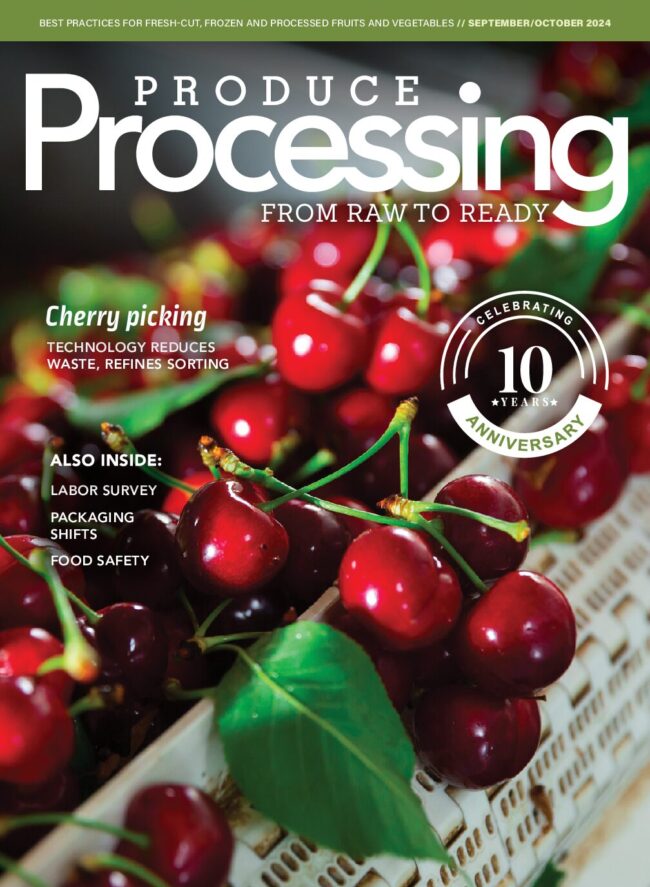IFPA warns cuts to bill could harm growers
The International Fresh Produce Association is expressing disappointment in the House Appropriations Subcommittee on Agriculture’s passage of a funding bill that will strip key nutrition benefits from the WIC program.
The cuts could also produce consequences for growers across the country, according to a news release. “While the bill includes some positive provisions for the fresh produce and floral industries, IFPA and its members are disappointed in the current version,” Mollie Van Lieu, IFPA’s vice president of nutrition and health, said in a news release.
 “The decision to rescind the enhanced fruit and vegetable benefit (Benefit Bump) amount in the WIC program is harmful to children and families,” Lieu said in the release. “The Benefit Bump, in place since April 2021, reaches nearly 5 million women and children and directly reflects science-based targets laid out by the National Academies of Sciences to deliver at least 50% of fruit and vegetable intake recommended by the recent Dietary Guidelines for Americans.”
“The decision to rescind the enhanced fruit and vegetable benefit (Benefit Bump) amount in the WIC program is harmful to children and families,” Lieu said in the release. “The Benefit Bump, in place since April 2021, reaches nearly 5 million women and children and directly reflects science-based targets laid out by the National Academies of Sciences to deliver at least 50% of fruit and vegetable intake recommended by the recent Dietary Guidelines for Americans.”
The FY24 bill reflects a 56% reduction in benefits for children and a 70% drop for women. With this decision, children will receive just $11 a month for fruits and vegetables starting October 1 of this year, Lieu said in the release.
Meanwhile, recent Centers for Disease Control data shows that almost half of American children do not consume a daily vegetable. Participating children in the WIC program consume more than two cups of fruits and vegetables per day, according to the release.
Since 2021, data from 29 state WIC agencies showed that fruit and vegetable purchases tripled with the average monthly amount going from $15.3 million prior to the Benefit Bump to $48 million after the bump. Expanding this trend to all state WIC agencies shows the Benefit Bump results in more than $75.1 million additional fruit and vegetable redemptions each month, Lieu said in the release.
“If enacted, the impact of these cuts are not limited to women and children, produce growers and retailers would stand to lose $1.2 billion worth of fruits and vegetables that would otherwise be available to WIC participants,” Lieu said.
IFPA pointed to some positive points of planned legislation.
“In contrast, we are pleased to see that the FY24 legislation would waive of the matching requirement for Specialty Crop Research Initiative which provides foundational research for the fresh produce industry,” Lieu said. “We are also supportive of the much needed $8.5 million increase to deal with specialty crop pests, as well as investment in USDA School Kitchen Equipment Grants.”
IFPA plans to continue advocating for the enhanced fruit and vegetable benefit in WIC as well as additional nutrition programs that support healthful eating for all Americans, Lieu said in the release.







